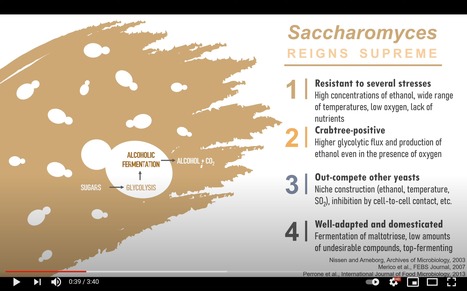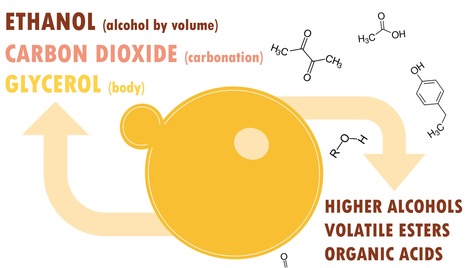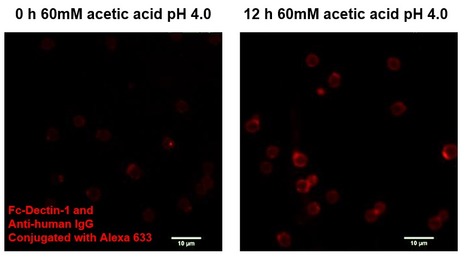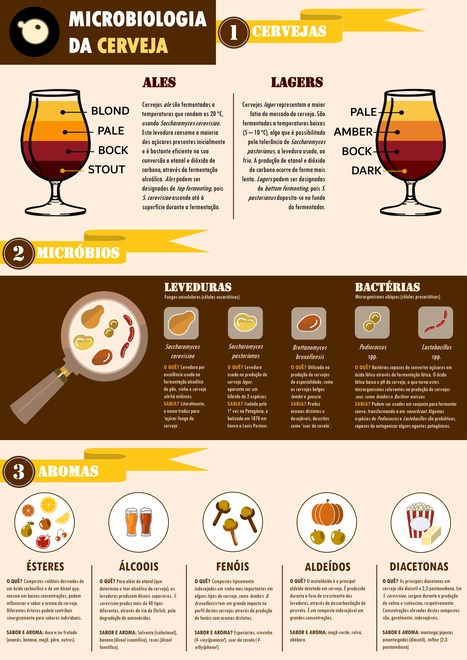
We owe a great debt to yeasts for their contributions to humankind. In the Food Industry alone, yeasts play a central role in breadmaking, winemaking, brewing, and more. The fact that yeasts present such spectacular diversity constitutes an opportunity to use different, unused yeasts to obtain fermented goods with distinct properties and organoleptic profiles. In his interactive poster submission to the international conference World Microbe Forum, a joint initiative by the American Society for Microbiology (ASM) and Federation of European Microbiological Sciences (FEMS) taking place online from 20-24 June 2021, Nuno Bourbon-Melo talks about the role of non-conventional yeasts seldom used in brewing, specifically Hanseniaspora opuntiae and H. guilliermondii, to improve the aroma and flavour of beer. Learn more about it by clicking here. The work was performed at iBB – Institute for Bioengineering and Biosciences, Instituto Superior Técnico, ULisboa, and advised by Prof. Isabel Sá-Correia and Dr. Margarida Palma.



 Your new post is loading...
Your new post is loading...









